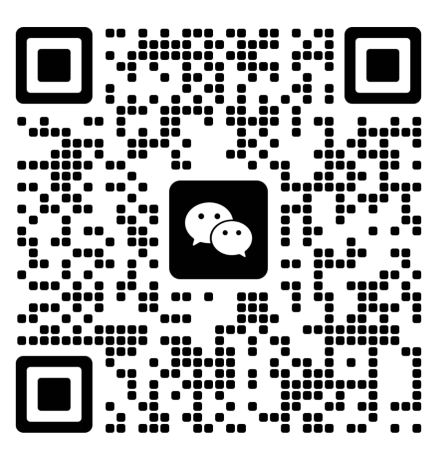 +86 755 2794 4155
+86 755 2794 4155  sales@knownpcb.com
sales@knownpcb.com
-
Shenzhen KNOWNPCB Technology Co., Ltd.
 +86 755 2794 4155
+86 755 2794 4155  sales@knownpcb.com
sales@knownpcb.com
 2024-08-27
2024-08-27
 952
952
PCB suppresses interference sources
Suppressing interference sources means minimizing their du/dt and di/dt as much as possible. This is the top priority and most important consideration in anti-interference design
The principle often achieves twice the result with half the effort. Reducing the du/dt of the interference source is mainly achieved by paralleling capacitors at both ends of the interference source
To achieve. Reducing the di/dt of the interference source is achieved by connecting an inductor or resistor in series with the interference source circuit and adding a freewheeling diode.
The common measures to suppress interference sources are as follows:
(1) Add a freewheeling diode to the relay coil to eliminate the back electromotive force interference generated when the coil is disconnected. Only adding a freewheeling diode will
By delaying the disconnection time of the relay and increasing the voltage regulator diode, the relay can operate more times per unit time.
(2) Connect a spark suppression circuit (usually an RC series circuit, with a resistance of several K to tens of K) in parallel at both ends of the relay contact
Choose 0.01uF to reduce the impact of electric sparks.
(3) Add a filtering circuit to the motor, paying attention to keeping the capacitor and inductor leads as short as possible.
(4) Each IC on the circuit board should be connected in parallel with a high-frequency capacitor of 0.01 μ F to 0.1 μ F to reduce the impact of the IC on the power supply. be careful
The wiring of high-frequency capacitors should be close to the power supply end and as thick and short as possible, otherwise it will increase the equivalent series connection of the capacitors
Resistance can affect the filtering effect.
(5) Avoid 90 degree creases during wiring to reduce high-frequency noise emissions.
(6) Connect RC suppression circuit at both ends of the thyristor to reduce the noise generated by the thyristor (which may cause serious damage to the thyristor)
Breakdown).

Or call +86 755 2794 4155
Inquiry Now

